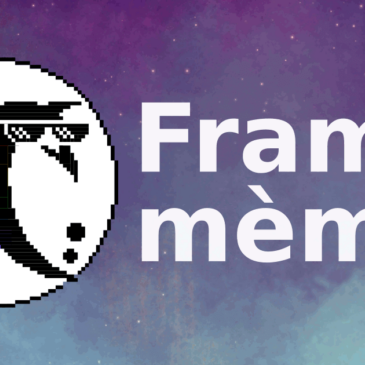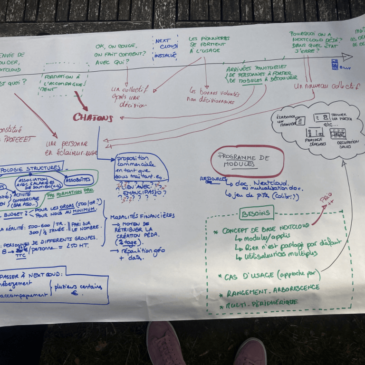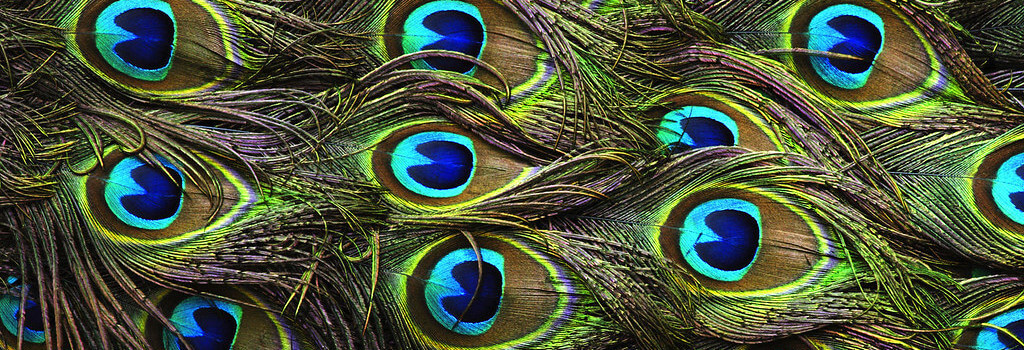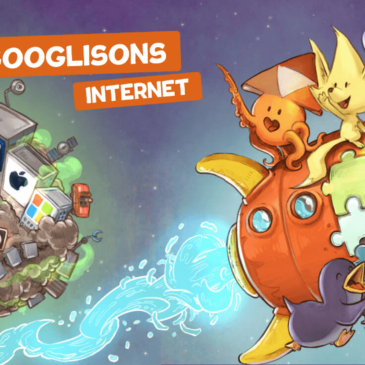Développement d’application en Flutter : retours d’expérience (1/2)
Au cours du développement de l’application PeerTube, nous avons acquis certaines expériences dans le choix des technologies employées et les freins que certaines décisions ont entraîné. Nous les partageons ici. Pourquoi Flutter ? Le développement d’applications mobiles pose rapidement la question … Lire la suite







